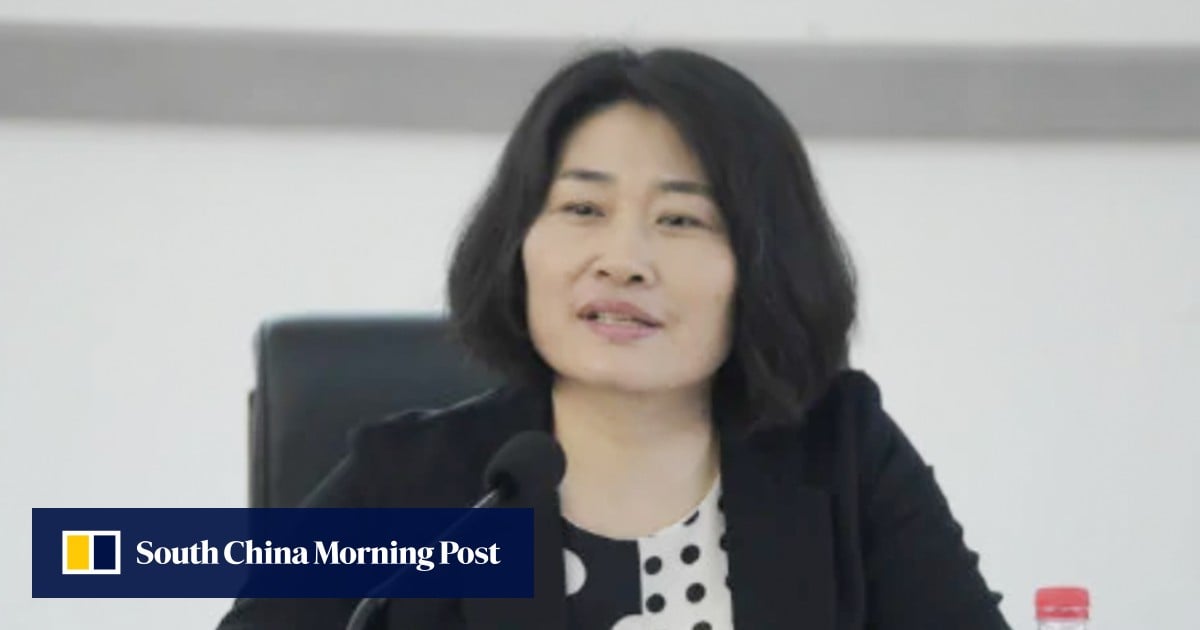According to Lao, the attacks followed her objections to the digital ID plan released on July 25 by the Ministry of Public Security and the Cyberspace Administration of China for a 30-day public consultation period.
“This is the first time the authority’s people are circulating da zi bao about me. That brought the attack on me to a new level … As for the reason, [I think] it was obviously because I raised objections to a certain public consultation,” she wrote.
In a long Weibo post on July 31, Lao likened the proposed cybersecurity system to the health code app introduced during the pandemic and said it would act like “a monitor for everyone’s online activities”.
She warned that accessing the internet or online services would effectively become “a privilege that requires permission to enjoy” and questioned the legal basis of the proposed regulation.
Lao – who also doubted the need for a standardised network identity, with more than a billion internet users in China already registered under the real-name cyber policies introduced in 2011 – quickly became a target for supporters of the plan.
Yeping, a WeChat account known for its nationalistic views and content, slammed Lao’s views in a post on Sunday that accused her of “provoking confrontation between the people and the government”.
The post, which has been read more than 100,000 times, also warned that “we will not condone them forever” – an apparent reference to Lao and others with similar views.
In another article posted on Monday, the same account called Lao a “traitor” and recounted her opposition to other controversial policies, especially the use of facial recognition technology.
The article also hailed the proposed cyber ID as a “secret key” and “bulletproof vest” for Chinese internet users.
Lao slammed online commenters who said that “women should better protect themselves” and called for people to focus on how to punish the perpetrators and free women from such harassment.
She added that gender inequality is a key issue that needs to be addressed through the contributions of both men and women.







